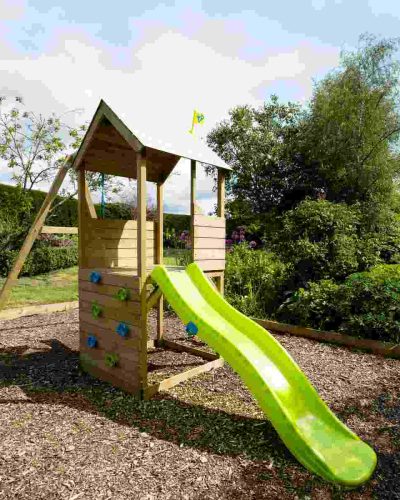
Spring Garden Maintenance: Simple Steps for a Flourishing Outdoor Space
September 17, 2025
Raised Garden Beds: Quick, Inexpensive Projects for Busy Gardeners
October 1, 2025Sustainable wood practices are reshaping industries in South Africa. Furniture makers, construction companies, and design studios increasingly choose wood with ethical origins. This shift responds to rising global demand for eco-friendly products and local regulations protecting biodiversity. Businesses adopting these practices benefit from both environmental and market advantages.
What Sustainable Wood Practices Mean
Harvesting must balance economic use with forest regeneration. Certified sources, such as FSC-certified plantations, guarantee that timber is replaced responsibly. Unlike illegal logging, sustainable sourcing avoids deforestation and protects wildlife habitats. It also reduces soil erosion and supports long-term community forestry programs.
Benefits for South African Industries
South African furniture and design sectors gain credibility by using verified wood sources. Buyers increasingly ask for supply chain transparency. Construction companies also find sustainably sourced timber offers better long-term reliability. These practices align with green building certifications, giving firms a competitive edge. Export markets reward businesses with eco-labels, boosting trade potential abroad.
Tools Supporting Sustainability
Certification labels help businesses and consumers identify trusted suppliers. The Forest Stewardship Council (FSC) and Programme for the Endorsement of Forest Certification (PEFC) are global benchmarks. Locally, the South African Forestry Certification Scheme (SAFAS) ensures compliance with international standards. Technology supports these processes. Digital tracking systems now trace timber from forests to final products, reducing illegal trade.
Wood chipping also forms part of responsible forestry. Instead of waste, offcuts and smaller branches are processed into chips. These chips fuel biomass energy plants, provide raw material for paper mills, and support sustainable landscaping. This ensures maximum use of harvested wood while reducing environmental impact.
Community and Economic Impact
Ethical forestry methods extend benefits beyond environmental protection. Forestry projects create employment in rural areas, particularly for women and young workers. Responsible sourcing encourages long-term land use planning, supporting communities who rely on forest resources. These initiatives also promote skills training, ensuring sustainable practices become part of South Africa’s economic framework.
Challenges in Implementation
Despite progress, challenges remain. Illegal logging persists in parts of Africa, undermining certified suppliers. Some smaller businesses struggle with certification costs. Education about sustainability is still uneven across industries. Addressing these issues requires government enforcement, affordable certification options, and industry-wide awareness campaigns.
Final Thoughts
Adopting sustainable wood practices is no longer optional for South African industries. It supports biodiversity, strengthens international trade opportunities, and builds community resilience. By sourcing responsibly and using every part of harvested wood, companies safeguard natural resources while positioning themselves as leaders in sustainable business.


